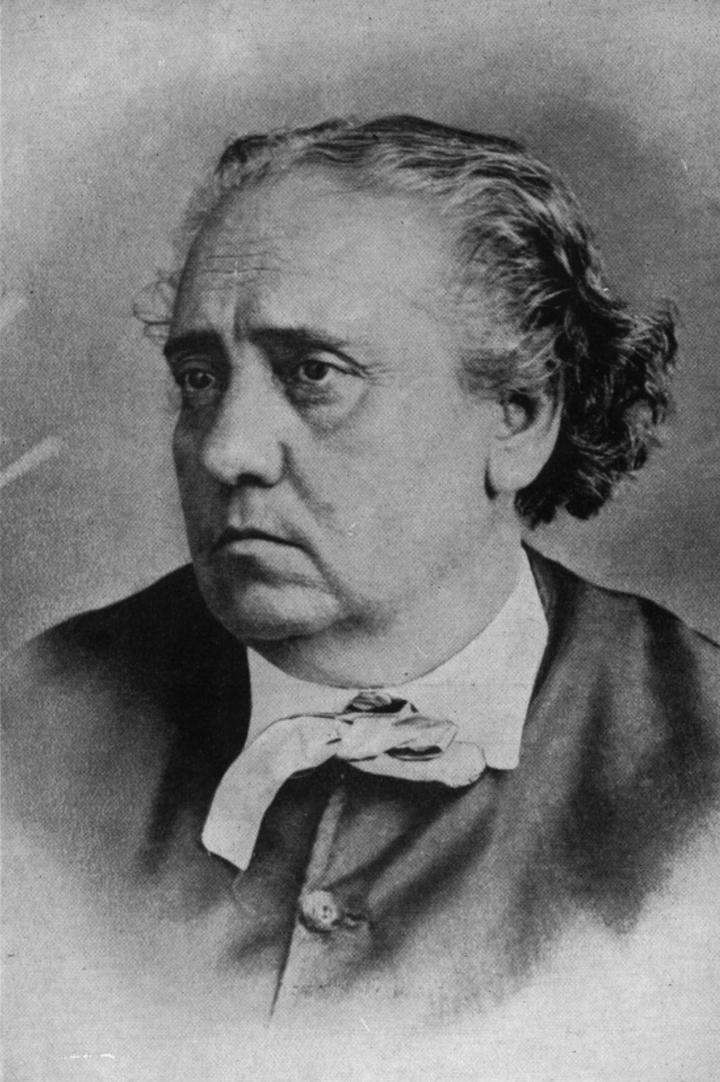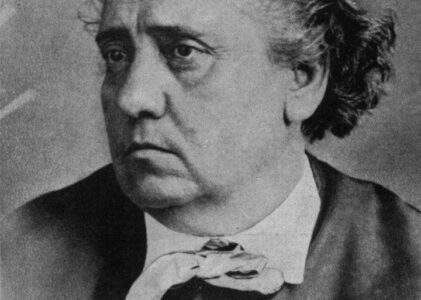Juana Manso de Noronha (1819–1875) was an influential Argentine-Brazilian writer, journalist, educator, and advocate for women’s rights, recognized as a pioneer of feminist and progressive thought in Latin America. Born in Buenos Aires, she fled to Uruguay and later Brazil with her family due to political unrest during the Rosas regime. In Brazil, she began her literary and journalistic career, writing novels, plays, and essays that often addressed social issues, including women’s education and the abolition of slavery.
Returning to Argentina in the 1850s, Manso dedicated herself to promoting education and gender equality. She became a close collaborator of Domingo Faustino Sarmiento, contributing to the reform of public education. In 1865, she was appointed director of the first mixed-gender schools in Buenos Aires, challenging deeply entrenched gender norms by advocating for co-education and improved teacher training.
Manso also edited Album de Señoritas (Ladies’ Album) and Anales de la Educación Común (Annals of Public Education), two influential publications that emphasized the importance of education for women and the working class. Through her writings, she boldly critiqued societal and religious institutions that perpetuated inequality, earning her both admiration and controversy.
Juana Manso’s legacy as a trailblazer in education and gender equality continues to resonate. Her efforts to empower women and improve public education marked a turning point in the intellectual and social history of Argentina and Latin America, making her a foundational figure in the region’s feminist movement.


